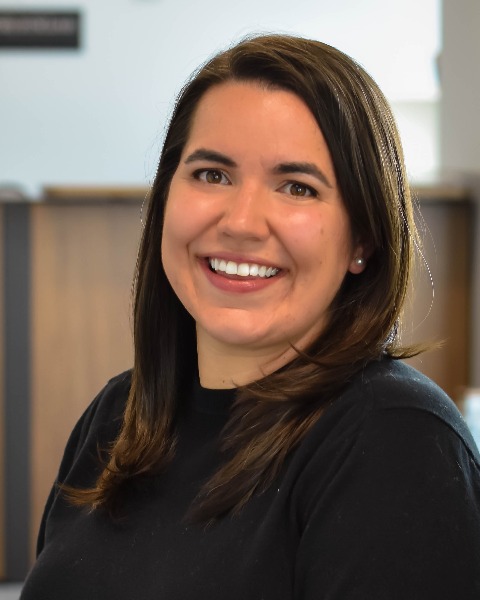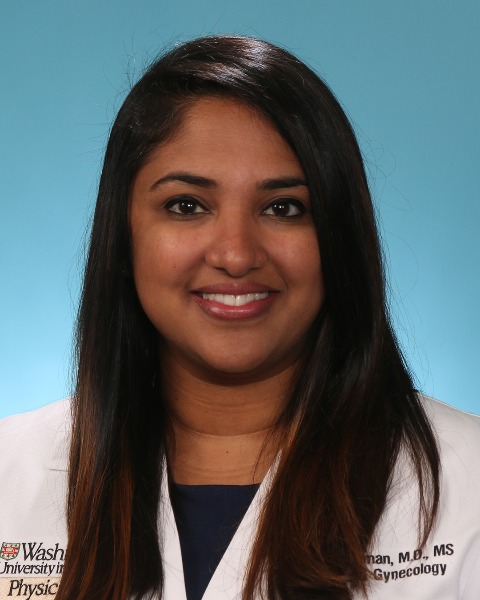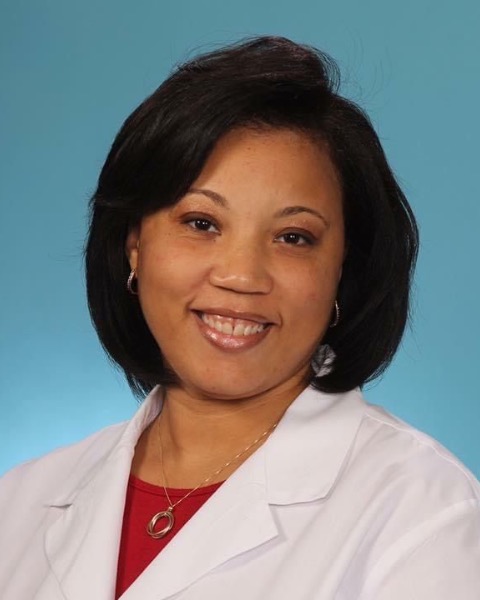Category: Public Health/Global Health
Poster Session I
(173) Does transportation assistance improve clinical research participation?
Retention of patients in research studies, especially those with historically marginalized identities, is a significant challenge. Lack of transportation is one of the most common barriers. We examined the association between transportation assistance and attendance at study visits, and whether attendance differed when transportation was provided by taxi service compared to Uber Health.
Study Design: This was a secondary analysis of a prospective cohort study of patients with singleton pregnancies. Participants completed multiple research ultrasound visits outside of prenatal care, and were informed transportation assistance was available at enrollment. We identified patients who requested transportation assistance for their research ultrasound visits and identified controls (1:2 ratio) that did not request assistance matched on age, race, and insurance type. We reviewed visit logs and recorded whether each visit was attended (compared to cancelled/no show). For transportation assistance, taxis were used for 18 months followed by a switch to Uber Health for the last 8 months of the study. Conditional logistic regressions adjusting for federal poverty level examined the association between transportation assistance and mode of transportation with attendance at a study visit.
Results:
Transportation assistance was requested by 57/1,184 (4.8%) participants in the cohort (Table 1). After adjusting for federal poverty level, visits with transportation assistance were nearly three times more likely to be attended (aOR 3.16, 95%CI: 1.76-5.68), and visits with Uber Health were five times more likely to be attended than taxi (aOR 5.06, 95% CI: 1.50-16.98, Table 2).
Conclusion: Transportation assistance is associated with improved study visit attendance among low-income pregnant patients, however, not all transportation modes are equal. Uber Health may increase attendance by facilitating real-time tracking, flexible pick-up locations, and non-English speaking accommodations. Budgeting and operationalizing transportation assistance for studies may improve engagement in research.
- AV
Ariel Vinson, MS
Medical Student
Washington University School of Medicine
St. Louis, Missouri, United States 
Rachel Paul, MPH (she/her/hers)
Washington University in St.Louis
St. Louis, Missouri, United States- JC
Jessica Chubiz, MS
Washington University in St.Louis
St. Louis, Missouri, United States 
Nandini Raghuraman, MD,MSc (she/her/hers)
Assistant Professor
Barnes Jewish Hospital, Washington University in St Louis
St. Louis, Missouri, United States- JK
Jeannie C. Kelly, MD,FACOG,MS
Associate Professor
Washington University School of Medicine
St. Louis, Missouri, United States - SE
Sarah K. England, PhD
Washington University School of Medicine
St. Louis, Missouri, United States 
Ebony B. Carter, MD, MPH (she/her/hers)
Associate Professor, MFM; Chief, Division of Clinical Resarch
Washington University School of Medicine
St. Louis, Missouri, United States
Ebony B. Carter, MD, MPH (she/her/hers)
Associate Professor, MFM; Chief, Division of Clinical Resarch
Washington University School of Medicine
St. Louis, Missouri, United States

.png)
